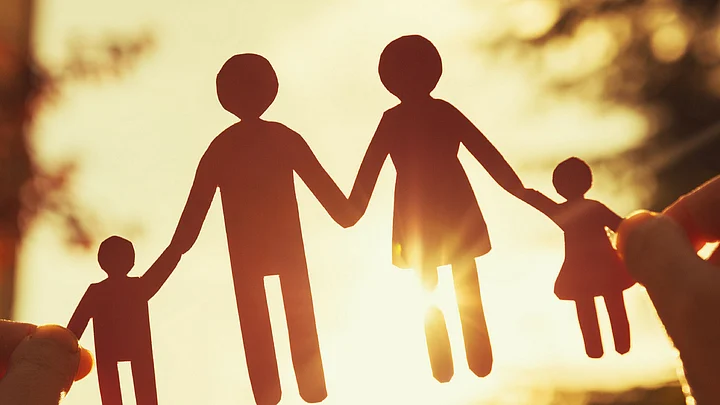In a landmark judgment today, the Supreme Court (SC) held that sexual intercourse with a minor wife will be considered rape and a complaint can be registered based on a wife’s complaint within one year. It read down exception 2 to Section 375 (which defines rape) of the IPC (as amended by the Criminal Law (Amendment) Act, 2013) which allowed such a sexual act.
Earlier, this exception was defended by the central government which said that the exception in rape law was meant to protect the institution of marriage, which was heavily criticised.
While this judgment must be applauded as sex with minor wives has been a contentious issue for long, let us take a step back and critically analyse if the law will have the desired impact.
Also Read: Sex With Wife Below the Age of 18 is Rape: Supreme Court
My Student, Who is 16, Might Get Married Soon
I was a Teach For India Fellow from 2011-13, wherein I taught a grade 3 class of 30 girls in a government school in Delhi. Being a full-time teacher, I witnessed firsthand the discrimination faced by them – such as preference to boys on matters of education within families, patriarchal structure which hinders girls from studying, mindsets of communities around early marriage of girls, etc. This experience motivated me to study Gender as an academic discipline in the UK.
A couple of weeks ago, after returning from the UK, I visited those students, who are now in Grade 9. Discussions with the current teaching fellow revealed that one of my students, *Neha – who is just 16 years old – might get married soon as her parents are looking for a groom.
The tragedy of child marriages is not uncommon in India, but as this involved someone I knew so closely and had spent time with, it hit me hard. The possibility of her marriage is quite high as, around a year back, I was informed that her elder sister – then 17 years old – was married off and recently gave birth to a baby. The prospect of the same tragedy repeating itself with Neha, devastated me.
Her sister – and Neha eventually – constitute the 17 million Indian children between the ages of 10 and 19 who are married, with six million children born to them. These children form 47% of India’s married population, as per an analysis of census data that I had computed for IndiaSpend, a data journalism portal. Of these married children, 76%, or 12.7 million, are girls, reinforcing the fact that girls like Neha and her sister are significantly disadvantaged.
With an urge to do something about it, I had discussions with her current teachers on whether or not we should intervene. However, when I applied the knowledge I’d gained in my MA programme to the realm of Neha’s life, I realised that all individuals belong to different ecosystems. A child marriage is caused due to a discriminatory ecosystem a girl is situated in. This ecosystem abuses the vulnerabilities of girls which limits their agency to fight back and compels them to become wives, have sex and bear children at an early age.
Thus, I may intervene in Neha’s situation, call the police and an NGO to take some action, but will I be able to ensure the possible adverse outcomes of that intervention on Neha and her family? Will my intervention be able to save Neha’s parents from communal humiliation? Will it change the ecosystem she belongs to?
This problem has been a contentious issue in several cases. In the May 2017 Rohtak rape case, wherein a father raped his 10-year-old daughter, the mother had said “Please set my husband free. These NGOs and activists promising big things will not take care of me and my children for life. They will go within two-three days. My husband will take care of us”.
The mother belonged to a particular ecosystem which forced her to make such a statement and have such views. Blaming her was not the right thing to do.
Is the One-Year Period Enough?
As I read through the Supreme Court’s judgment today, Neha’s situation was the first thought that crossed my mind.
While the judgment should be celebrated, the fact it emphasises a complaint by the wife needs to be discussed more. Neha or any other 15 or 16-year-old may not have the agency to go against her family and file an official complaint. Post the complaint, the chances of a full trial and eventual conviction are quite low, given the dilapidated condition of our police and judicial system.
Furthermore, the provision of complaining within one year of marriage needs to be questioned critically. Is this one-year period enough for a girl to make sense of what’s happening? Is this time frame enough for her to have the agency to fight back?
Celebrate the SC judgment, but do remember that the fight for gender equality, full agency and empowerment is a long drawn one.
*The name of the girl has been changed to protect identity*
(Devanik Saha is a recent graduate of the MA Gender & Development at the Institute of Development Studies, University of Sussex, UK)
